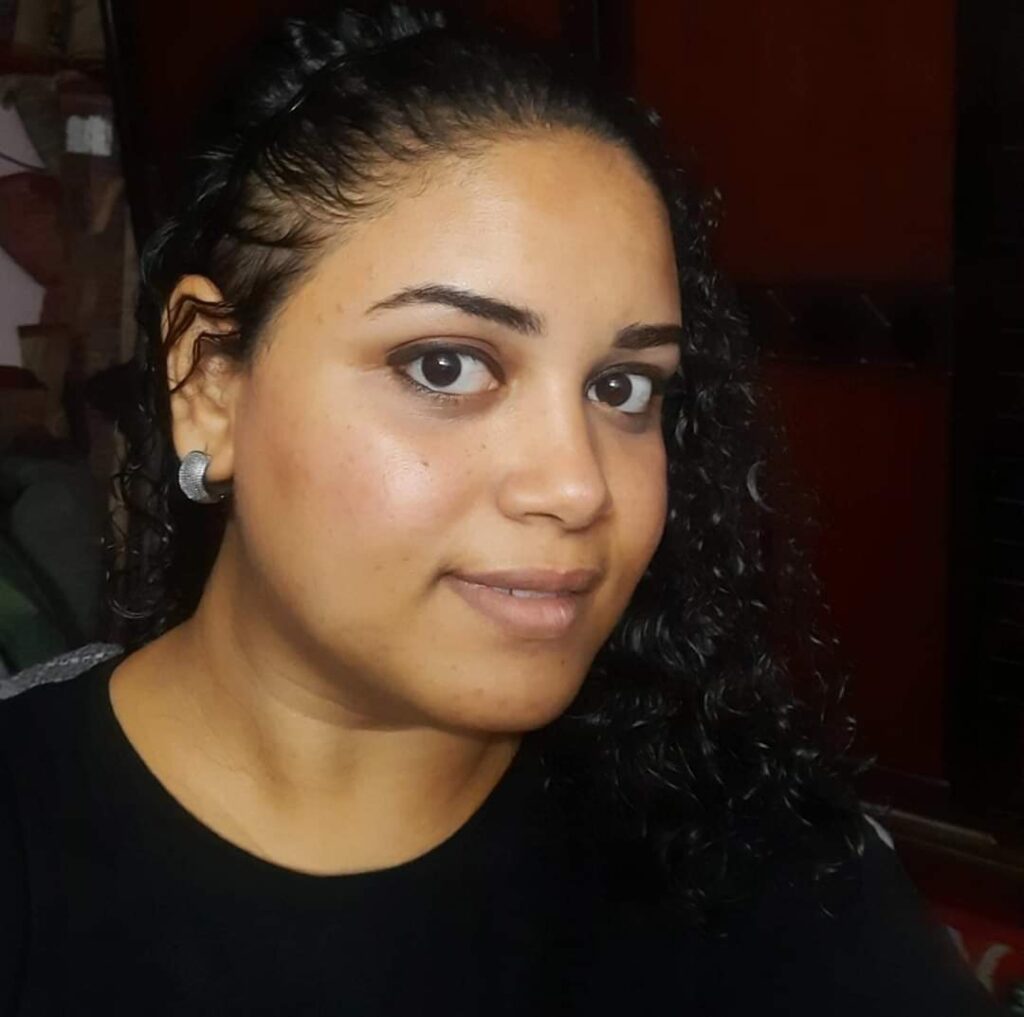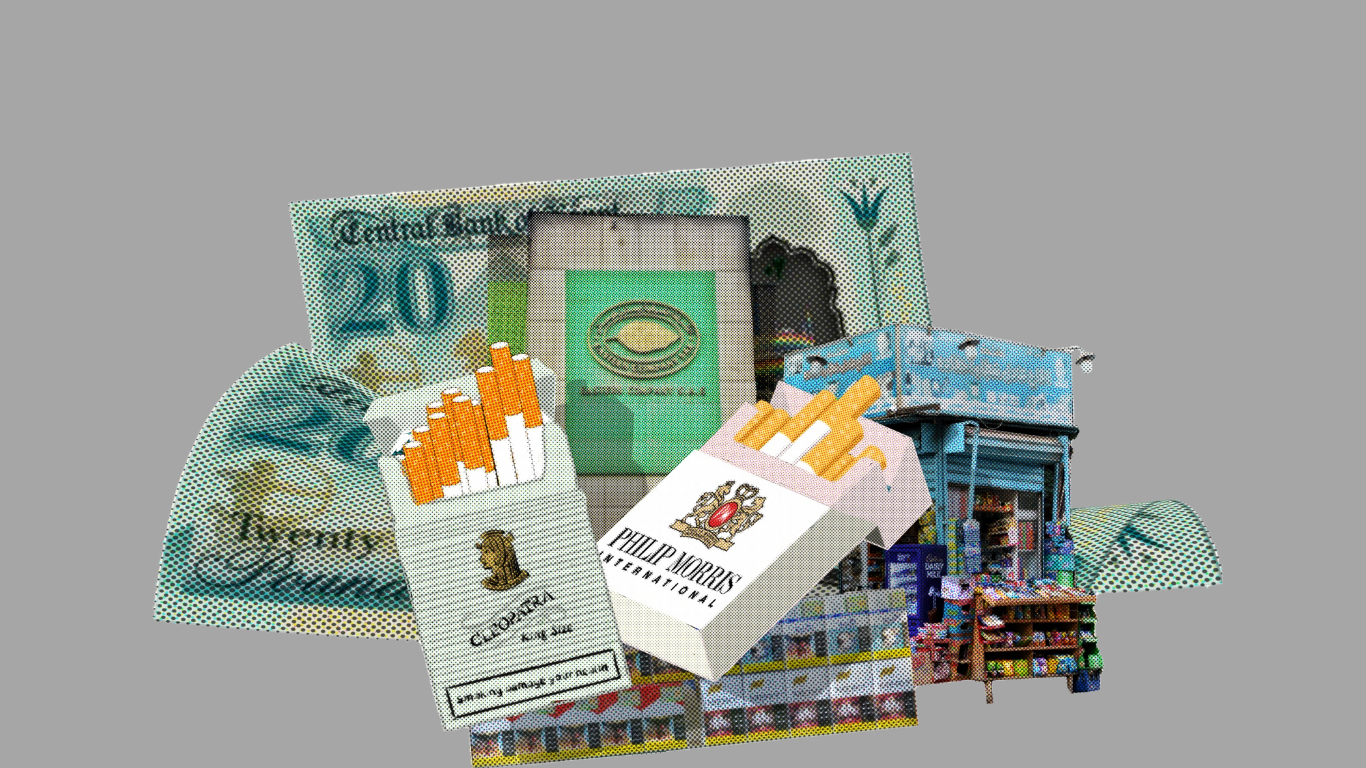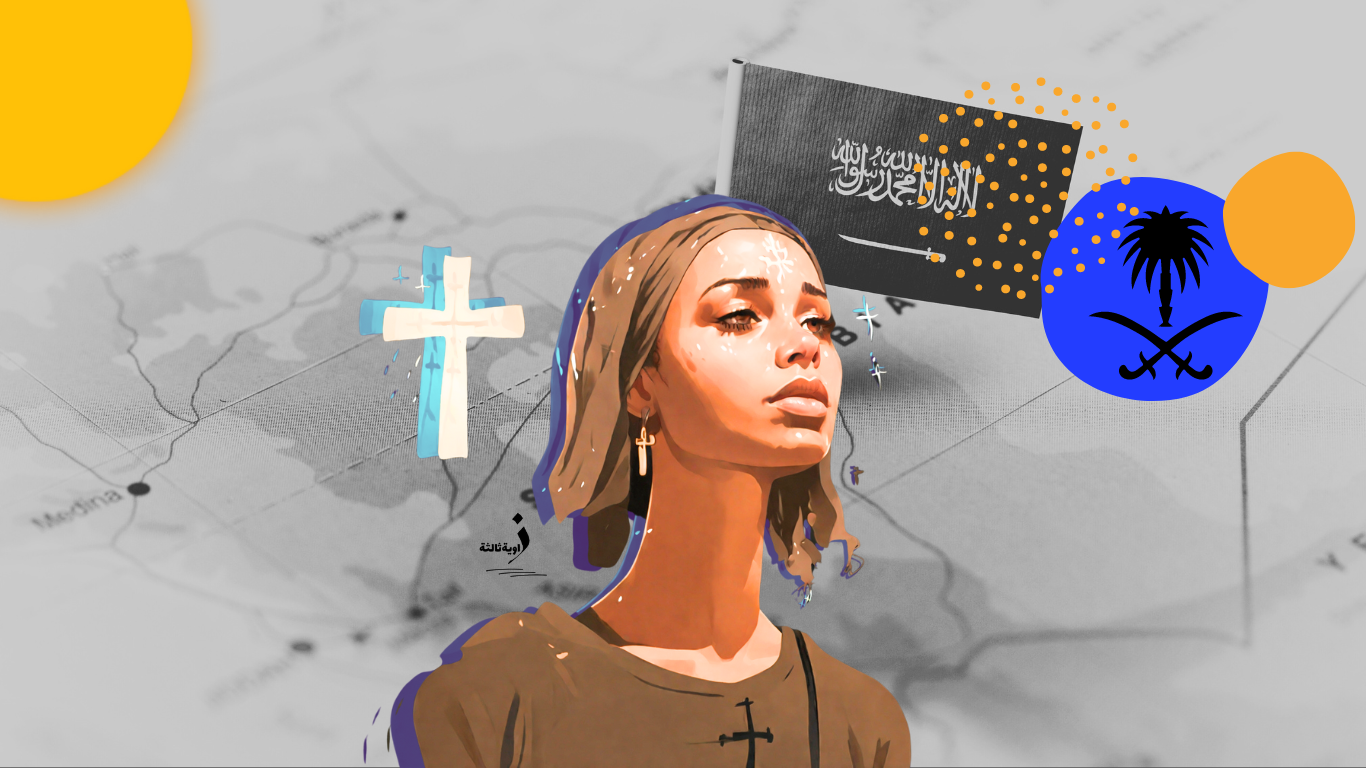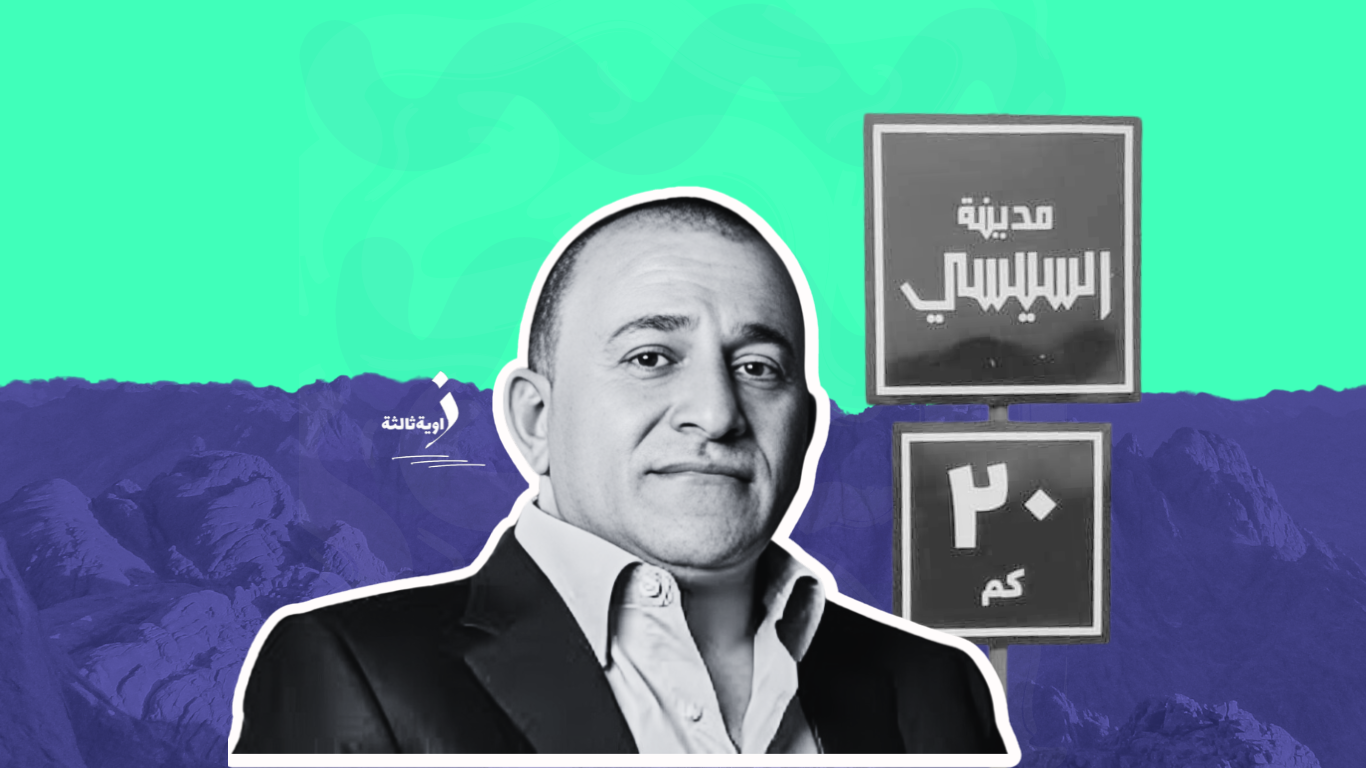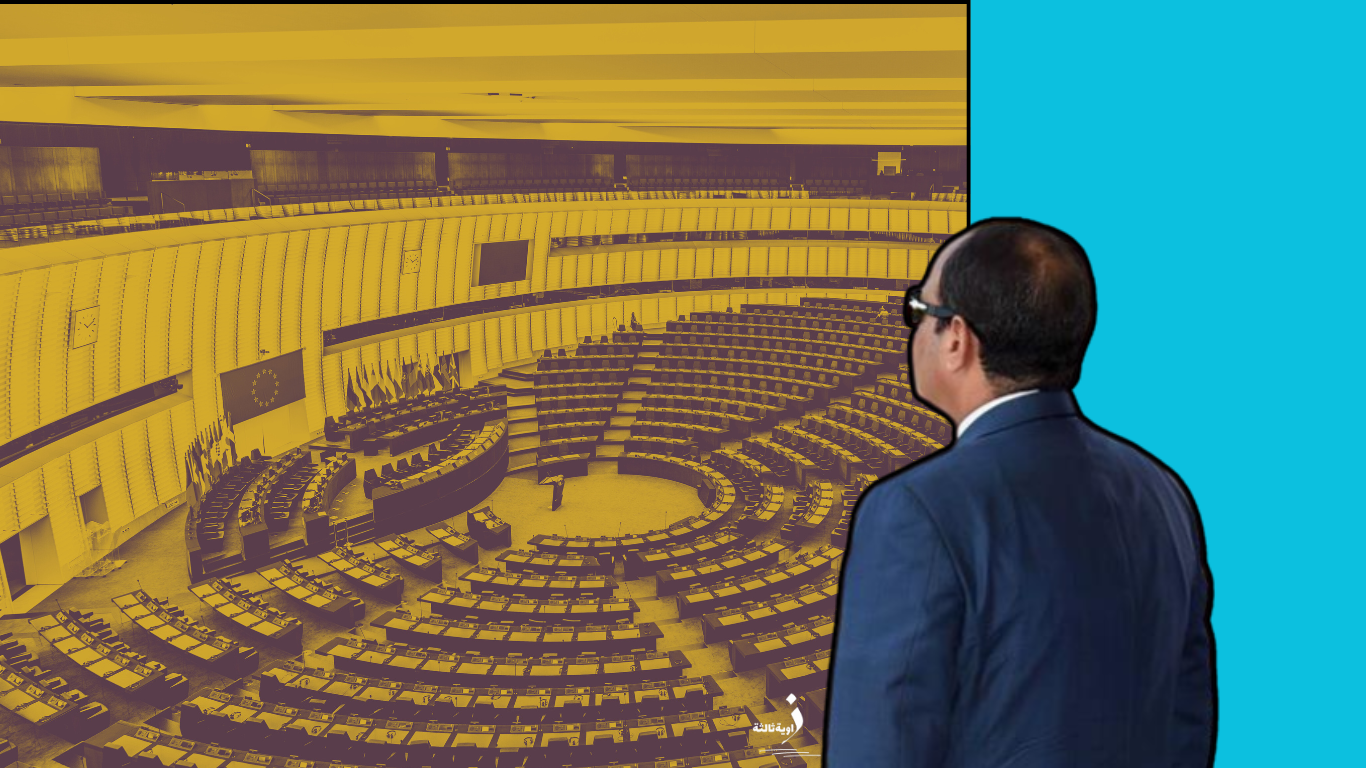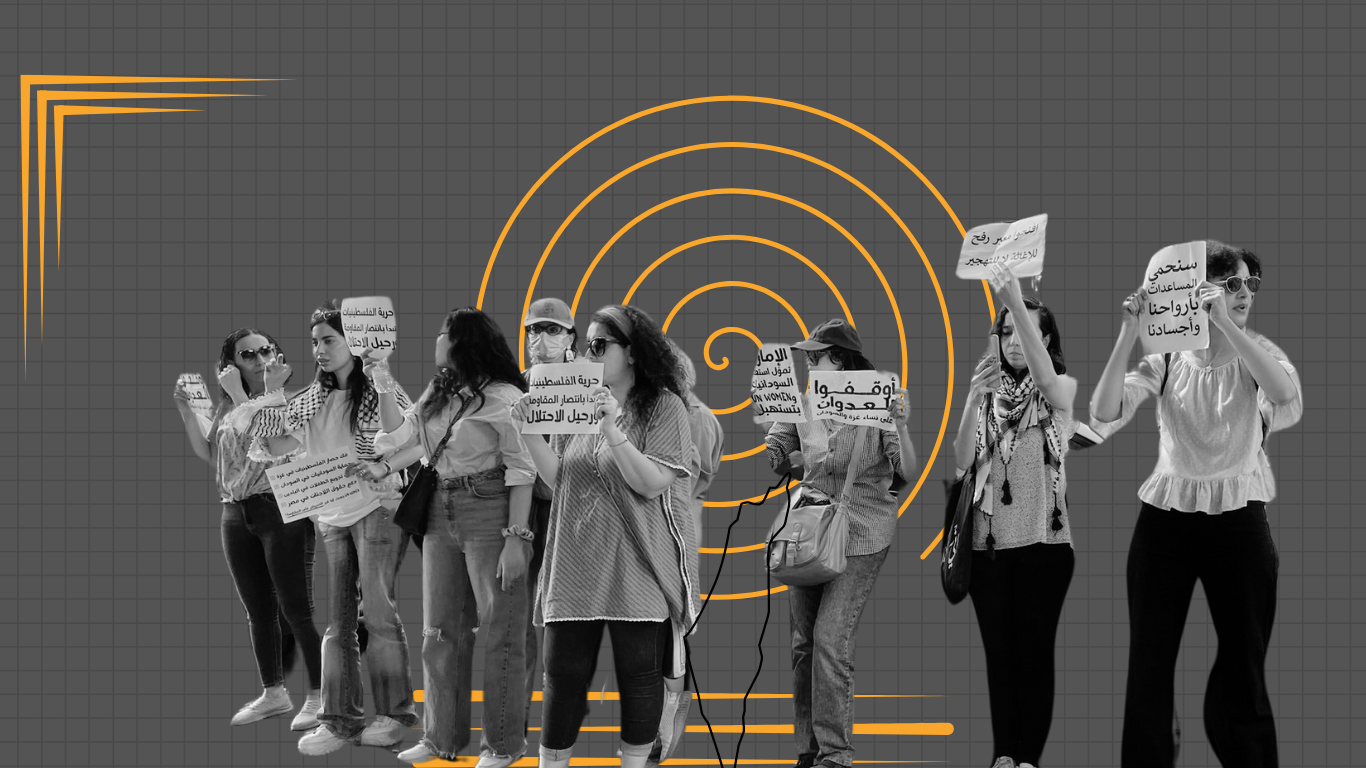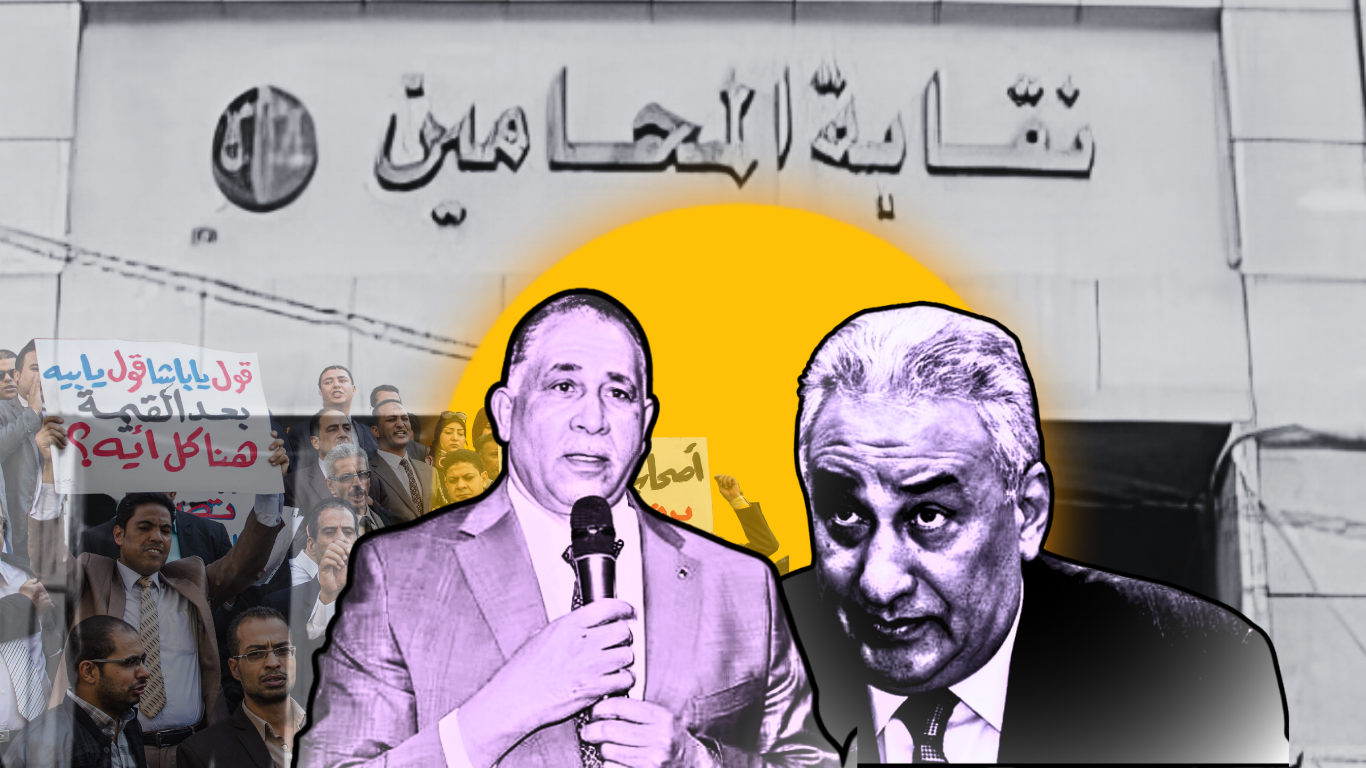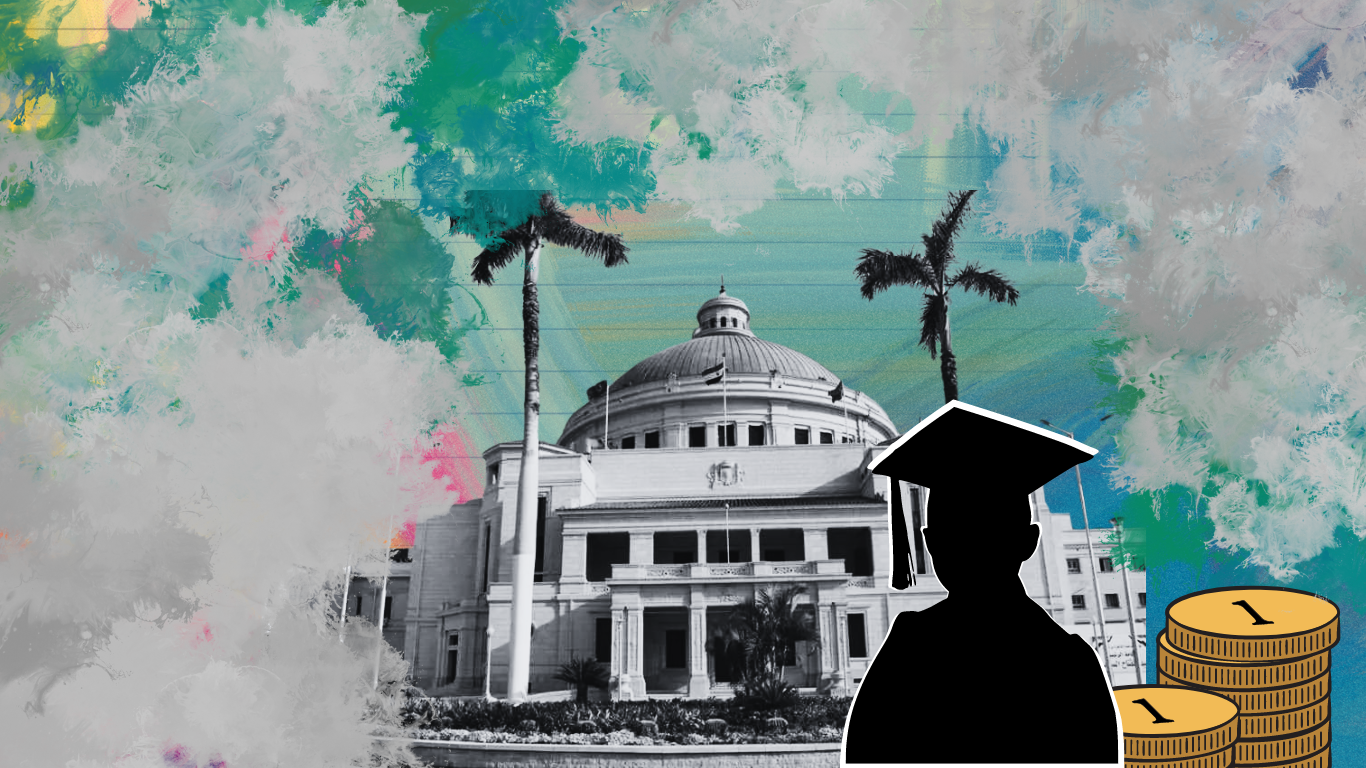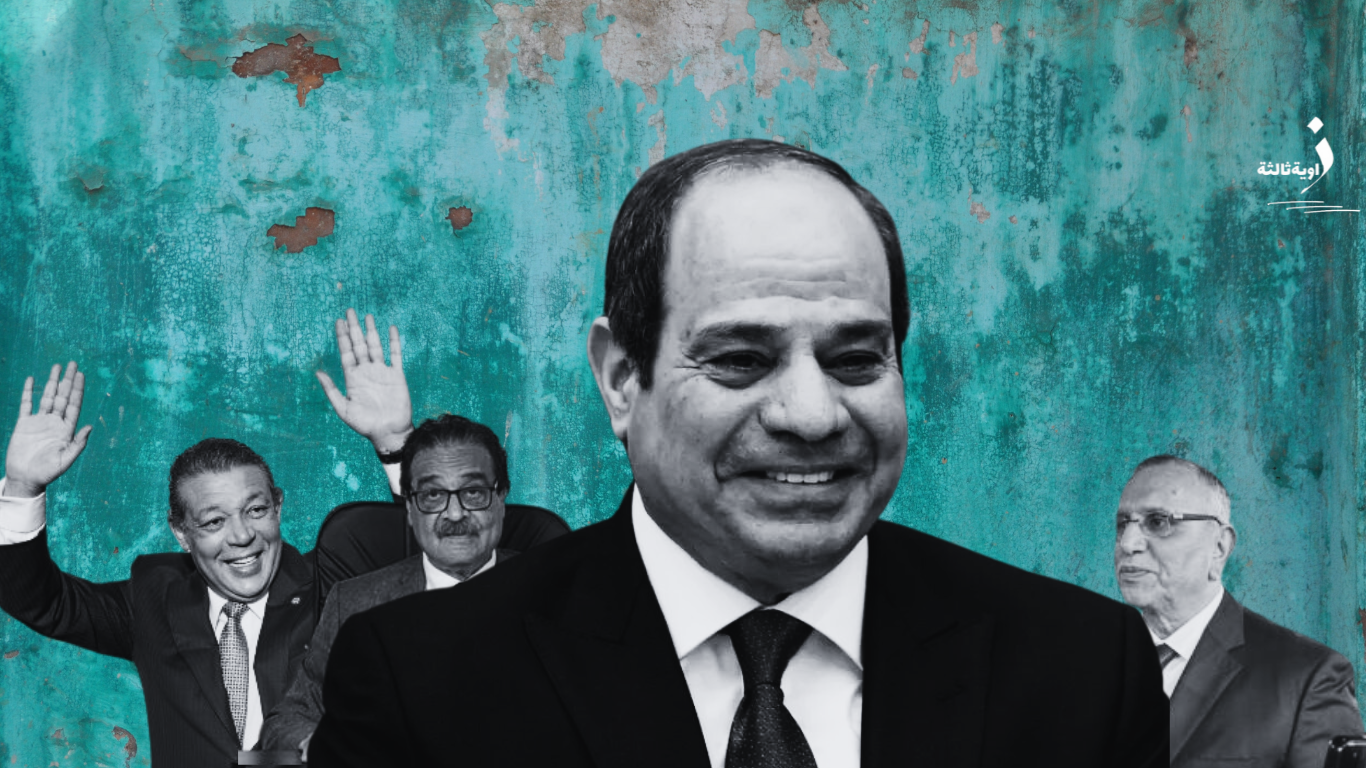The National Elections Authority in Egypt announced on Monday the victory of President Abdel Fattah el-Sisi for a new presidential term. He secured a total of 39 million and 720 thousand votes out of a total of 44 million 777 thousand 685 votes, with a percentage of 89.6%.
In the second position was Hazem Omar, with a total of 1 million and 986 thousand votes, representing 4.5% of the total votes. In the third position, Farid Zahran received 1 million and 700 thousand votes, accounting for 4%. As for the last position, it went to …, who obtained a total of 822 thousand votes.
The number of registered voters on the voting lists was 67 million and 32 thousand, and the National Authority stated that the total number of voters, both inside and outside the country, was 44 million 777 thousand 685 voters, with a participation rate of 66.8%, marking the highest percentage in Egypt’s history.
The number of valid votes was 44 million and 288 thousand 316, constituting 98.9% of the total attendance, while the number of invalid votes was 489 thousand 307, representing 1.1%.
With this unsurprising result, Egyptian President Abdel Fattah al-Sisi begins his third presidential term, which was introduced after constitutional amendments in April 201, extending the presidential term from four to six years. A transitional article also allowed the extension of Sisi’s presidency, which he won in 2018 for a four-year term, to six years. It also permitted him to run for a third term in 2024 based on the extension of the presidential term. Article 200 concerning the Armed Forces was expanded to include the task of “safeguarding the constitution and democracy” in addition to protecting the country, maintaining its security, and safeguarding its territories.
This marks Sisi’s final presidential term unless the constitution is amended again. During his first presidential term, Sisi sparked controversy by stating that Egypt needed between 20 and 25 years to reach a democratic society in an interview with the French magazine “Jeune Afrique.” This statement angered the opposition, who viewed it as an exaggeration and a justification for prolonging measures that hinder progress.
Some Egyptian democratic opposition activists believe that security dominance has taken over the public sphere and suppressed freedoms. Sisi began his presidential journey in May 2014, and since then, local and international human rights organizations have documented security crackdowns that initially targeted supporters of the Muslim Brotherhood, later classified as “terrorist.” After the issuance of the protest law in 2013, these crackdowns expanded to include the democratic civil movement. In 2016, tensions arose between the Journalists Syndicate and the state following the security forces’ raid on the syndicate’s headquarters to arrest journalists on charges of “disturbing the country’s stability.” Case 173 continued to haunt human rights activists in Egypt, closing all spaces of the public sphere over the past ten years.
Single-Voice Journalism
Since 2013, Egyptian journalism has been stifled and subjected to various suppression tools, resulting in the imprisonment of dozens of journalists on charges that contradict the Egyptian constitution. Restrictive laws on press and media freedom were enacted, leading to the blocking of hundreds of news websites. This forced many media institutions to close, displacing hundreds of journalists. According to Reporters Without Borders, “Egypt has become one of the world’s largest prisons for journalists.”
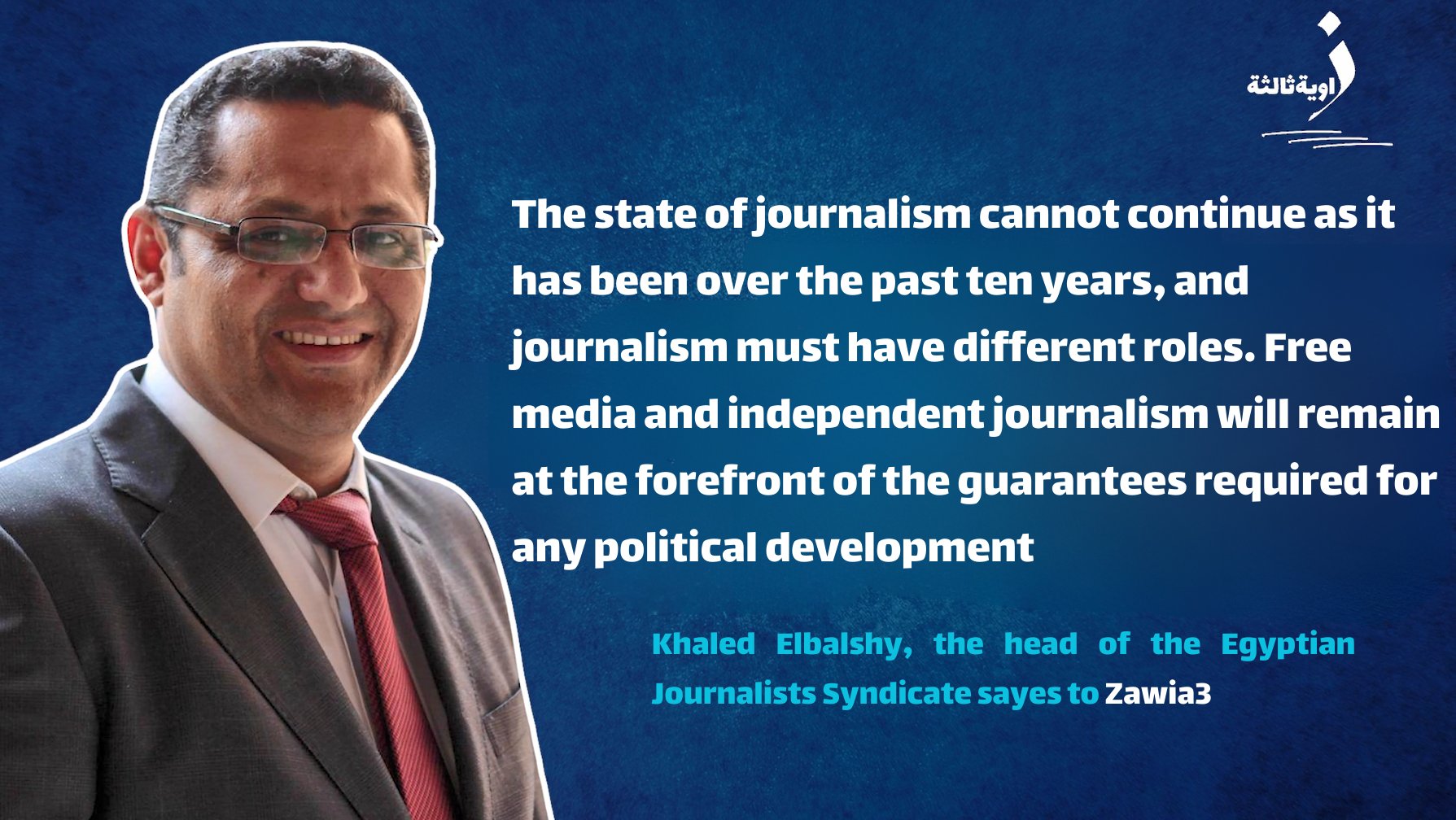
In 2018, Egyptian security forces arrested the editor-in-chief of the Masr Alarabia website and closed its headquarters for allegedly operating without a license. The website’s management accused the authorities of targeting the site for publishing a translated report from The New York Times about violations during the presidential elections held in the same year. This was the fourth police raid on the website to inspect the licenses, with the site’s management having all the necessary permits and licenses to operate, according to its director. The closure of the website led to the loss of jobs for over 300 journalists working on the site. Adel Sabry, the editor-in-chief of the site, was released after spending a full two years in prison, the maximum legal duration of pretrial detention.
Egypt ranks 166 out of 180 countries in the 2023 World Press Freedom Index, according to Reporters Without Borders, describing the state of journalism during Sisi’s rule as the “worst years for press freedom in Egypt” in the past decade.
In September, Reporters Without Borders issued a statement stating that government repression of journalists has not abated since the government released its national human rights strategy in 2021. In the absence of official statistics, the Egyptian Commission for Rights and Freedoms documented the existence of 21 journalists behind bars, some of whom exceeded the period of pretrial detention allowed by Egyptian law, while others were arrested during the recent period. The imprisonment of journalists is in clear contradiction with Article 71 of the Egyptian constitution, which prohibits imposing a custodial sentence for freedom-restricting crimes committed through publication or publicity.
Additionally, Masaar estimated that the number of blocked websites in Egypt is 638, including 118 websites for media outlets inside and outside Egypt. Prominent among the blocked sites are “Mada Masr” and “Almanassa.”
This is in addition to the increasing publishing constraints imposed by the laws regulating the press and media, including articles 9, 10, 11, 12, and counter-terrorism in article 35. The use of vague terms not based on standards, such as “national security requirements” and “defending the nation,” has exacerbated the situation. The absence of information and data, coupled with the failure to issue a law on freedom of information, has compounded obstacles for journalists and their right to access information.
In recent years, the state and its security apparatus have taken control of a number of newspapers and TV channels to have complete control over their editorial policies.

“The state of journalism cannot continue as it has been over the past ten years, and journalism must have different roles. Free media and independent journalism will remain at the forefront of the guarantees required for any political development,” said journalist Khaled Elbalshy, the head of the Egyptian Journalists Syndicate to Zawia3.
Elbalshy called for the release of imprisoned journalists, lifting the ban on blocked websites, and reconsidering the regulations governing laws that allow blocking as urgent measures to improve the state of journalism in Egypt. He emphasized the need for freedom of information and the existence of institutions capable of dealing with the media differently and open to criticism.
The head of the Journalists Syndicate concluded his remarks, stating that there is no free press without diversity—press owned by the state, owned by security agencies, and press owned by citizens and others owned by businessmen. Thus, we have a diverse press that reflects all parties and all segments of society.
No Room for Human Rights
Ten years ago, Egyptian President Abdel Fattah el-Sisi sought “authorization” from the Egyptians to combat “terrorism” and rule by the Muslim Brotherhood. Since then, the crackdown on dissent has escalated, with increasing cases of arbitrary detention, the targeting of activists and politicians. For example, between January 2016 and January 1, 2023, Shafafiya Foundation documented 2,914 victims of these practices, totaling 4,546 incidents of persecution. Additionally, there has been a rise in cases of political figures, journalists, and human rights activists fleeing Egypt to escape security persecution.

Authorities have levied various charges against political prisoners in recent years, including “belonging to terrorist groups,” “spreading false news,” and as of now, there is no official count of the number of political prisoners in Egyptian prisons. The Arabic Network estimated that there were around 120,000 prisoners, including 65,000 political prisoners, by March 2021. The construction of prisons has accelerated to 169 during Sisi’s rule, according to Human Rights Watch, coinciding with a severe economic crisis.
On December 15, 2022, and January 19, 2023, human rights organizations sent detailed inquiries about the number of prisoners in Egypt to the Ministry of Interior, the Public Prosecutor’s Office, and the National Council for Human Rights. However, they received no response. Egypt enacted a law allowing authorities to monitor and block social media accounts that publish “fake news.” Amnesty International described these measures as more extreme than anything seen during the 30-year repressive rule of former President Hosni Mubarak, turning Egypt into an open prison for critics.
Furthermore, human rights organizations in Egypt have faced restrictions and pressure. In the past decade, the state has used the “Foreign Funding Case” of 2011 as a pretext to target and pursue activists.
“If there is no real change and a serious approach to the human rights situation in Egypt, we will face an explosive and more dire situation than before,” Says Mohamed Abdel-Salam, the executive director of Association for Freedom of Thought and Expression (ِAFTE) to Zawia3.
Abdel-Salam explained that the situation is unbearable, especially concerning human rights issues, with thousands of people held in pretrial detention without a comprehensive solution. The continuous arrest machine persists, and the “Case 173,” which started over 12 years ago, remains unresolved. Blocked websites are chronic problems despite public assurances from the president and officials.
Abdel-Salam emphasized that there can be no political stability without genuine guarantees for human rights. Political stability undoubtedly leads to economic stability, and adherence to sound human rights standards could alleviate the effects of Egypt’s economic crisis, addressing issues like the lack of transparency and information, fostering trust among Egyptian citizens and foreign investors.
The “Case 173,” initiated in 2011, authorized the Egyptian Cabinet to delegate the Ministry of Justice to investigate foreign funding granted to civil society organizations. In June 2013, 43 individuals, including Americans, were convicted of working for international organizations, receiving sentences ranging from one to five years. However, in 2018, after pressure from the United States, all were acquitted in a retrial.
In parallel, in 2016, “Case 173” expanded to include Egyptian civil society organizations, leading to travel bans and asset freezes for over 30 Egyptian rights advocates. Seven years later, despite the Egyptian government’s announcement of closing investigations against some local organizations, some rights advocates, including those whose investigations were closed, remain on the travel ban list. Some still have their assets and funds seized under this case.
Exclusion of Political Life
Over the past decade, political life in Egypt has been stifled, and spaces for political participation have been closed. Security forces have dealt severe blows to opposition political parties, arresting members and preventing them from holding events, activities, or participating in parliamentary elections through the closed list system, according to Egyptian opposition figure Akram Ismail.

Concerning the well-known “Hope Cell,” which included leftist activists and journalists, prominent figures such as journalist Hisham Fouad, Nasserist youth Hossam Moanis, and lawyer Zyad Elelaimy were arrested. They were accused of belonging to a terrorist group, spreading its goals, spreading false news, and disturbing public order. They were arrested for preparing lists to participate in the parliamentary elections held in mid-2020, as mentioned by Akram Ismail.
Ismail believes that the regime does not want any popular participation in elections, be it parliamentary or presidential. Instead, it wants completely engineered elections, evident in the latest presidential and parliamentary elections, where the closed list system deprived the opposition of participation.
Since April 2022, political opposition has entered a temporary “political truce” with the Egyptian regime as part of an implicit deal with the civil movement consisting of 12 opposition political parties. This deal involved the release of politicians, including members of opposition parties, in exchange for the movement’s acceptance of participating in the national dialogue called for by President Abdel Fattah el-Sisi.
Egyptian opposition forces believe that there is no substitute for party pluralism and the return of political life to a more stable condition on both the political and economic levels. Akram Ismail, a leader of the Bread and Freedom Party, under establishment, reiterated this point.
Akram Ismail, in his statement to “Zawia3,” says it is unknown how the regime will deal with the opposition in Sisi’s third term, which will only become clear after the conclusion of the war waged by the occupation in Gaza. He believes there is a trend of brutality worldwide, reinforcing the existence of oppressive regimes.
Nevertheless, He expects an increase in citizens’ anger, especially after the conclusion of the war on Gaza. Egyptians will face a more troubled economic situation and a sense of severe bitterness, similar to what happened in Gaza, amid the state of despair evident in Arab countries.
Ismail anticipates that the regime will try to continue its approach of the past ten years. However, the overwhelming economic crisis will create cracks, crises, and anger among citizens, leading to strikes and protests.
Ismail does not expect the national dialogue to have a real positive impact, especially as its purpose has been fulfilled. He points out that the authorities needed opposition before the presidential elections, evident in the national dialogue under external pressures and donor pressures. However, this need has now diminished, and the state allows the existence of opposition according to the authorities’ discretion. The true nature of this will become clearer after the end of the war in Gaza.
The international “Freedom House” organization gave Egypt a score of 18 out of 100 for political rights, with a rating of (6/40), and civil liberties were rated (12/60), resulting in a total score of (18/100). This new method of calculating human rights considers global freedom conditions on a weighted scale.
The organization concluded that this result is based on the rule of Abdel Fattah el-Sisi, who first assumed power in 2014. The report adds that politically influential opposition is not effectively present because opposition expressions can lead to criminal prosecution and imprisonment.


